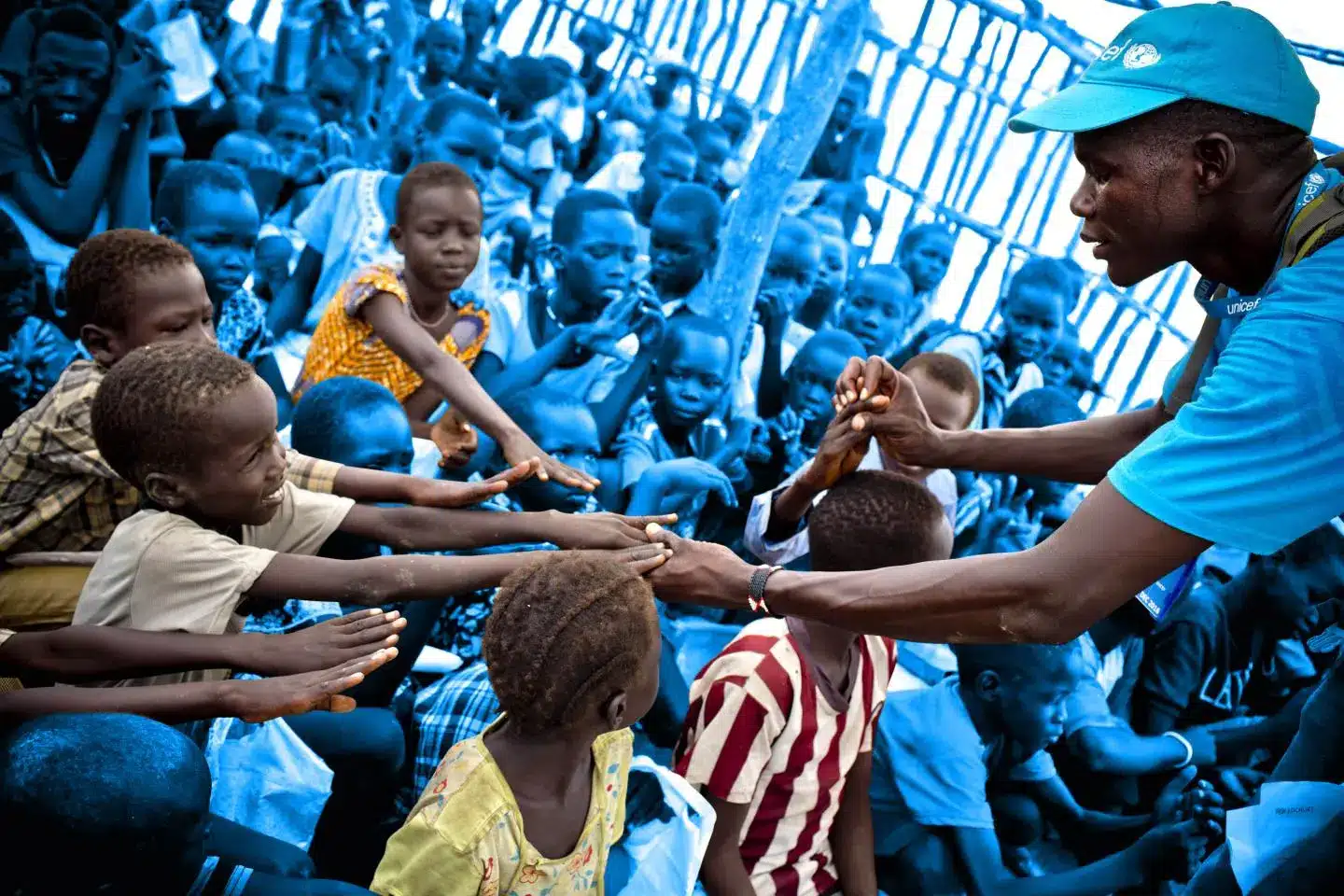About 61,000 children dispersed across the five South East States have not had any vaccinations, according to UNICEF, the United Nations International Children's Emergency Fund.
The numbers were presented at the current First Quarterly Review Meeting of the South-East Zone Traditional Rulers' Committee on PHC Delivery (SETRC) in Awka by Mrs. Cristian Munduate, UNICEF Representative in Nigeria.
The Federal Ministry of Health organized the review conference in association with the National Primary Healthcare Development Agency (NPHCDA).
Munduate, who was represented by Juliet Chiluwe, Chief Field Office Enugu, UNICEF, said that Anambra and Imo, which accounted for more than 30% and 25% of the total, were the worst-off states.
She thinks the proportion is relatively little.
"Even while immunizations are widely available, there are around 61,000 children dispersed across the five states who have not had any vaccination.
"This necessitates immediate effort on our part to find these kids and get them immunized so they can live healthy lives and reach their full potential.
"Vaccines are always accessible at the medical facilities; we need to mobilize families, particularly dads, to make sure their children are immunized in accordance with the instructions of medical personnel in our medical facilities.
"Through our combined efforts, this number must be decreased by at least 30% before the year is up, she stated.
According to Munduate, Nigeria still has a long way to go before women's and children's well-being is achieved.
She said that the Southeast states' anemia rates among pregnant women ranged alarmingly from 48% to 61% and needed to be quickly stopped and reversed.
Additionally, she said that just 13% to 41% of women in the southeast started nursing within an hour of giving birth and continued to do so exclusively for the duration of the six-month period.
All hands must be on deck, according to Munduate, and engaging community leaders might help restore the previous excellent practice.
She declared that UNICEF will keep collaborating with traditional leaders to increase the uptake of skilled birth attendance, prenatal and postnatal care, and child immunization at subnational levels.
She pleaded with traditional leaders to mobilize their constituents to demand services from the hospitals and to hold the local health officials responsible for providing high-quality care.




















